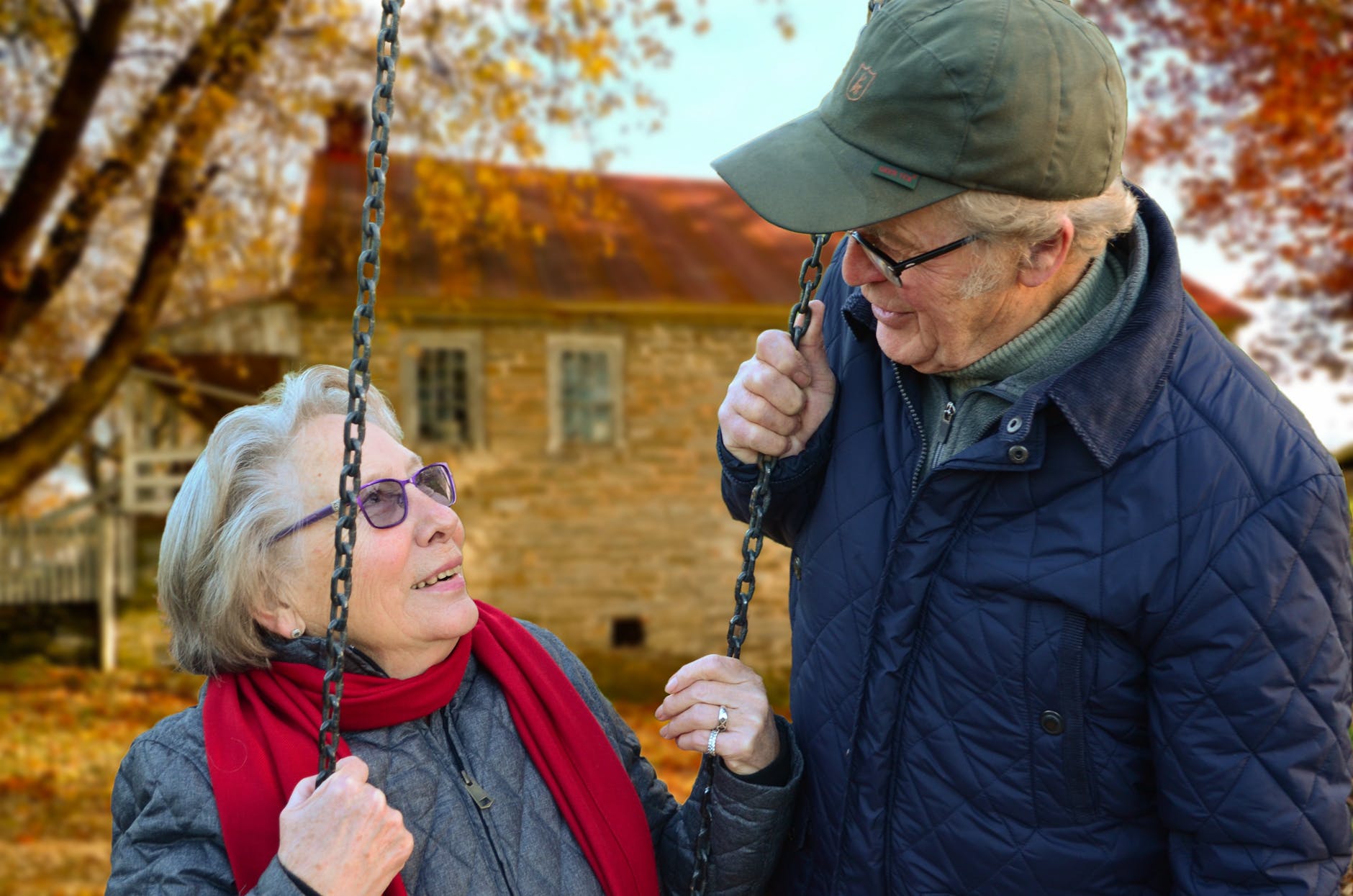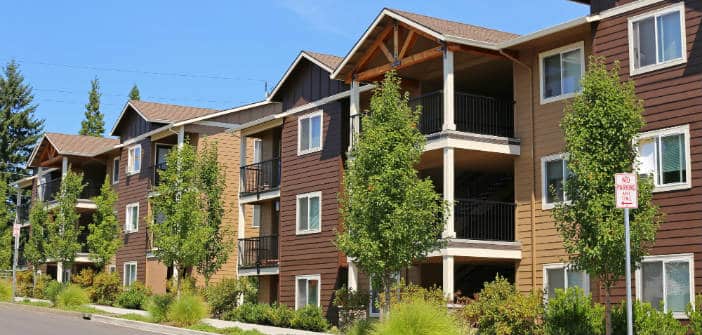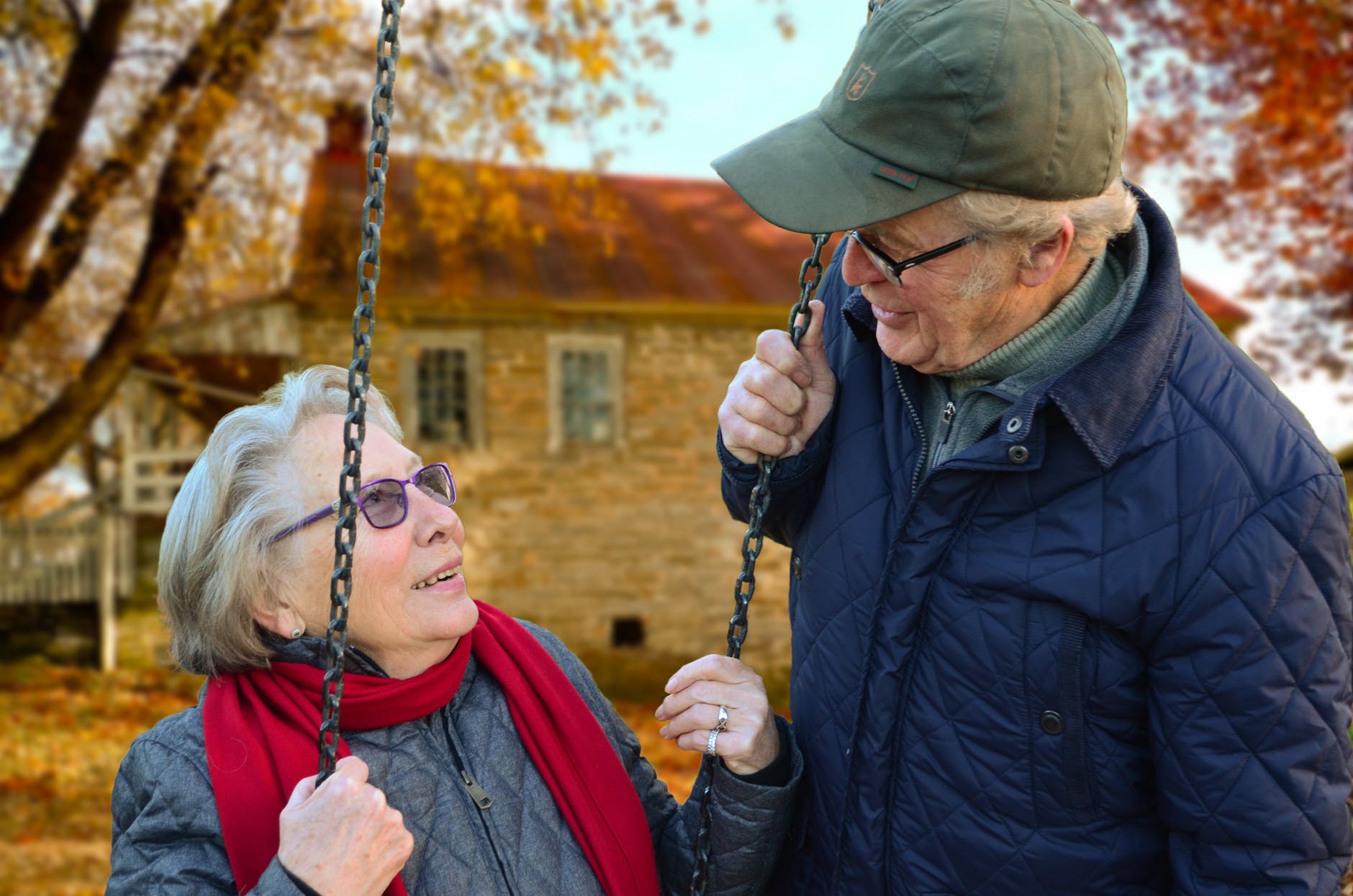
Elderly tenants are on the rise in 2020 as more people over the age of 65 are choosing to rent properties instead of buying.
Why are more elderly people choosing to rent? One reason is because they want to cash out of their homes and enjoy life while other elderly renters are choosing to rent because they like being free of the responsibilities that come with home ownership.
1. Avoid unintentional discrimination.
According to the Federal Fair Housing Act of 1968, you may not purposefully or unintentionally discriminate against people based on age. That means you can’t choose a 25-year-old renter over a 75-year-old renter just because the former applicant appears healthier. Elderly tenants must be given fair consideration when all other factors are equal.
The Fair Housing Act prohibits discriminatory marketing and advertising, lying about a unit’s availability, and ending or refusing a lease for age-related reasons. You don’t have to favor elderly tenants in every situation, but you can’t punish them for their age either.

2. Account for disabilities and mobility issues.
Elderly tenants with disabilities—physical or mental—are also a protected class. You can’t ask them about their issues or make decisions based on apparent disabilities.
You’re also required to make reasonable accommodations (at your expense) for tenants who have disabilities. This includes small things like allowing for service pets, installing grip rails in the shower, or building a ramp for wheelchair access. You aren’t, however, required to make structural changes to the property.
One thing you really want to be careful about is avoiding injuries on the premises of your property. By including certain features, you can provide protection against things like slips and falls. For example, including a lift chair in the living room is a nice perk that will give you and the tenant peace of mind. It’s little details like these that matter. And should a legal issue ever arise, you can show that you made every effort to accommodate your tenants.
3. Ensure the property is secure.
Another aspect of keeping tenants safe is making sure the property is secure. In fact, this goes for every property, regardless of tenant age. Some aspects to be cognizant of include outdoor lighting, good door locks, window locks, fire escapes (in multi-story apartments), renters insurance, and more.
4. Make things easy.
Don’t forget to make things a little easier on your elderly tenants. If you typically have tenants drop off rent checks at your office, but know that your tenant doesn’t drive much, come by and pick it up for them. Small gestures like this can go a long way toward keeping tenants happy.

Proceed With Caution
When it all comes down to it, elderly tenants are a protected class and you need to do everything you can to ensure you’re treating them fairly and giving them proper living conditions that help them remain safe and secure.
The tips in this article will get you moving in the right direction. As always, try to gather feedback from tenants at the end of their lease so that you can see what you’re doing well and what needs to be improved.
This will help you improve all tenant relationships in the future.
Source - Bigger Pockets
Contact Martin Property Management
To learn more about the property management services we can offer you contact us today by calling (617) 957-0166 or click here.

